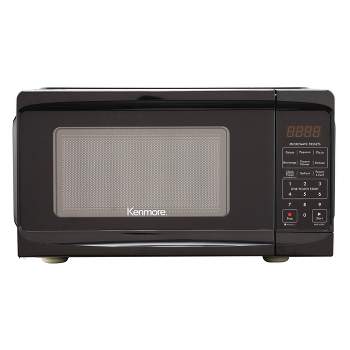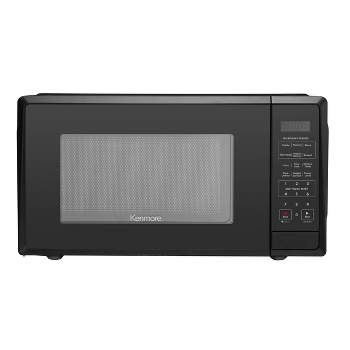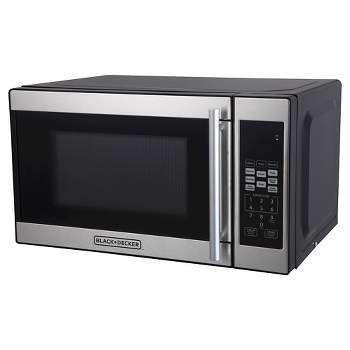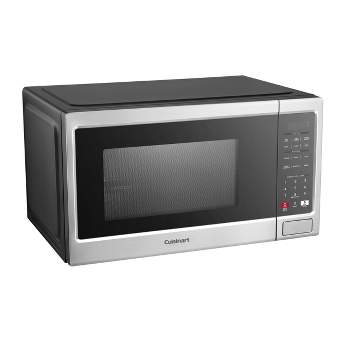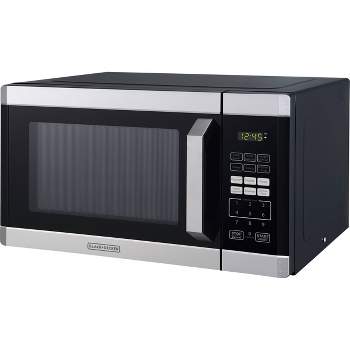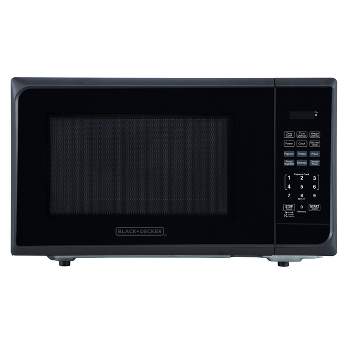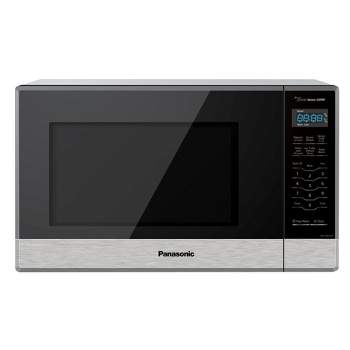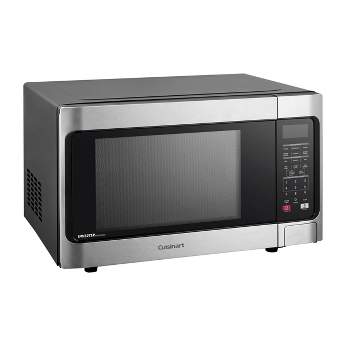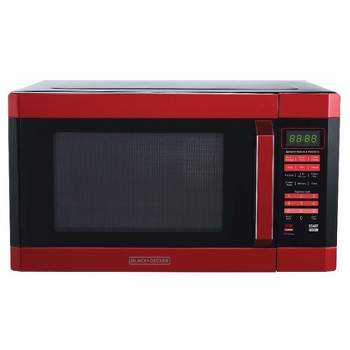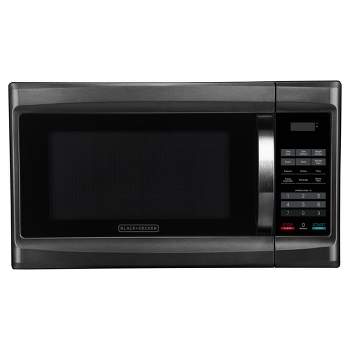Microwave Ovens
Sponsored
16 results
Sponsored
Sponsored
Related categories
- Microwave Cookware
- Toaster Ovens
- Dutch Ovens
- Microwave Ovens impecca
- Microwave Ovens impresa-products
- Microwave Ovens off-white
- Microwave Ovens gray
- Microwave Ovens frigidaire
- Microwave Ovens cuisinart
- Microwave Ovens galanz
- Microwave Ovens erp
- Microwave Ovens silver
- Microwave Ovens beige
- Microwave Ovens gold
- Microwave Ovens whirlpool
- Microwave Ovens comfee
- Microwave Ovens midea
- Microwave Ovens farberware
- Microwave Ovens black-decker
- Microwave Ovens pink
Related searches
- countertop microwave oven
- retro looking microwave oven
- over range microwave ovens
- white microwave oven
- microwave ovens under 40
- low cost microwave ovens
- under counter microwave ovens
- cooks microwave ovens
- compact microwave oven
- orange microwave oven
- mini microwave ovens
- small microwave oven
- under cabinet microwave oven
- convection microwave ovens
- apartment size microwave oven
- sale on microwave ovens
- dorm microwave oven
- blue microwave oven
- red microwave ovens
- goldstar microwave ovens
Trending Searches
- black stainless steel microwave
- panasonic 1.3 cu. ft. 4-in-1 countertop microwave
- galanz 30 liter air fryer
- nn-se985s
- red nostalgia microwave
- nordic ware microwave egg cooker
- kenmore 900w countertop microwave white
- commercial chef chcm11100ssb 1.1 cu. ft. microwave
- cuisinart ec034al7-s1 manual
- small microwave 1000 watts
- fmo16ahtplb
- aqua microwave
- nn-se785s
- is commercial chef a good brand
- microwave bacon tray with lid
- retro pink microwave
- nn-cd87ks
- magic chef 900 watt microwave
- panasonic nn-sn97js
- cuisinart inverter microwave
- chrome microwave
- chefman microwave reviews
- panasonic nn-t945sfx
- magic chef microwave 1100 watts
- kenmore 1000w countertop microwave oven stainless steel
- pancake warmer
- panasonic nn-sn76ls
- kenmore microwave wattage
- proctor silex microwave
- red microwave
- kenmore microwave
Microwave Ovens
When it comes to kitchen appliances that make your life convenient, a microwave oven always tops the list, among others. Whether you’re reheating leftovers, defrosting ingredients, or cooking a quick meal, a microwave is an all-rounder you can rely on to save time. With new technology and features, there are multiple types of microwaves available on the market. Finding a suitable one might be overwhelming, but we’ve got you covered with this perfect guide.
Know Your Options
Countertop Microwaves: If you have a compact kitchen, then a countertop microwave might do the job for you. Most commonly used among other types, this variant fits most budgets and caters conveniently to daily cooking needs
Over-The-Range Microwaves: Combining a microwave with a range hood, this variant is an excellent choice for maximizing function and saving space. Adding a good lighting and venting system can make an over-the-top microwave a great addition to your kitchen.
Built-In Microwaves: Offering a sleek and integrated look, this variant usually sits above an oven or inside a kitchen island. A perfect built-in microwave usually blends into your kitchen’s design with a drop-down door for maximum convenience.
Convection Microwaves: Combining the quick cooking of a microwave with the browning and crisping capabilities of a convection oven, this is the ultimate versatile variant. An ideal convection microwave comes with multiple cooking modes and pre-set programs for a range of cooking tasks.
While matching your requirements to the perfect type of microwave oven is necessary, it is equally important to consider other features like energy consumption, size, capacity, and safety. Let’s take a quick look at them:
If you frequently cook larger dishes, considering the interior capacity of the microwave oven should top your checklist. Additionally, measure the space in your kitchen to ensure a proper fit with proper installation facilities.
A microwave oven’s cooking power is determined by its wattage consumption. High-watt variants are often multi-functional but also translate to higher energy consumption. Make sure you evaluate your options based on your needs, capacity, and volume.
When considering safety features, important factors to look for include child lock features to prevent accidental operation and a proper ventilation system to avoid overheating risks. Additionally, look for variants that offer an intuitive control panel and easy-to-use buttons to enhance your overall cooking experience.
Shopping for a microwave oven doesn’t have to be overwhelming. However, taking your time to make the right choice will help you enjoy quick and hassle-free cooking for years to come. Remember to maintain a checklist of your cooking needs, consider safety measures, and assess your kitchen space before you go for a variant that aligns with your lifestyle, and you’ll be good to go.
FAQs:
Q: What is the difference between a convection microwave and a regular microwave?
A: convection microwave combines the functions of a microwave and a convection oven, allowing you to brown and crisp your food in addition to quick cooking. A regular microwave, on the other hand, solely uses microwaves to cook or heat food.
Q: Can I use metal utensils in a microwave oven?
A: Metal utensils should not be used in microwave ovens as they can cause sparks and damage the appliance. Instead, use microwave-safe cookware and utensils made of glass, ceramic, or microwave-safe plastic.
Q: How do I clean a microwave oven?
A: To clean a microwave oven, wipe the interior with a damp cloth or sponge. For stubborn stains or food residues, you can use a mixture of water and mild detergent. Avoid using abrasive cleaners or scrubbing pads that may damage the interior surface.
